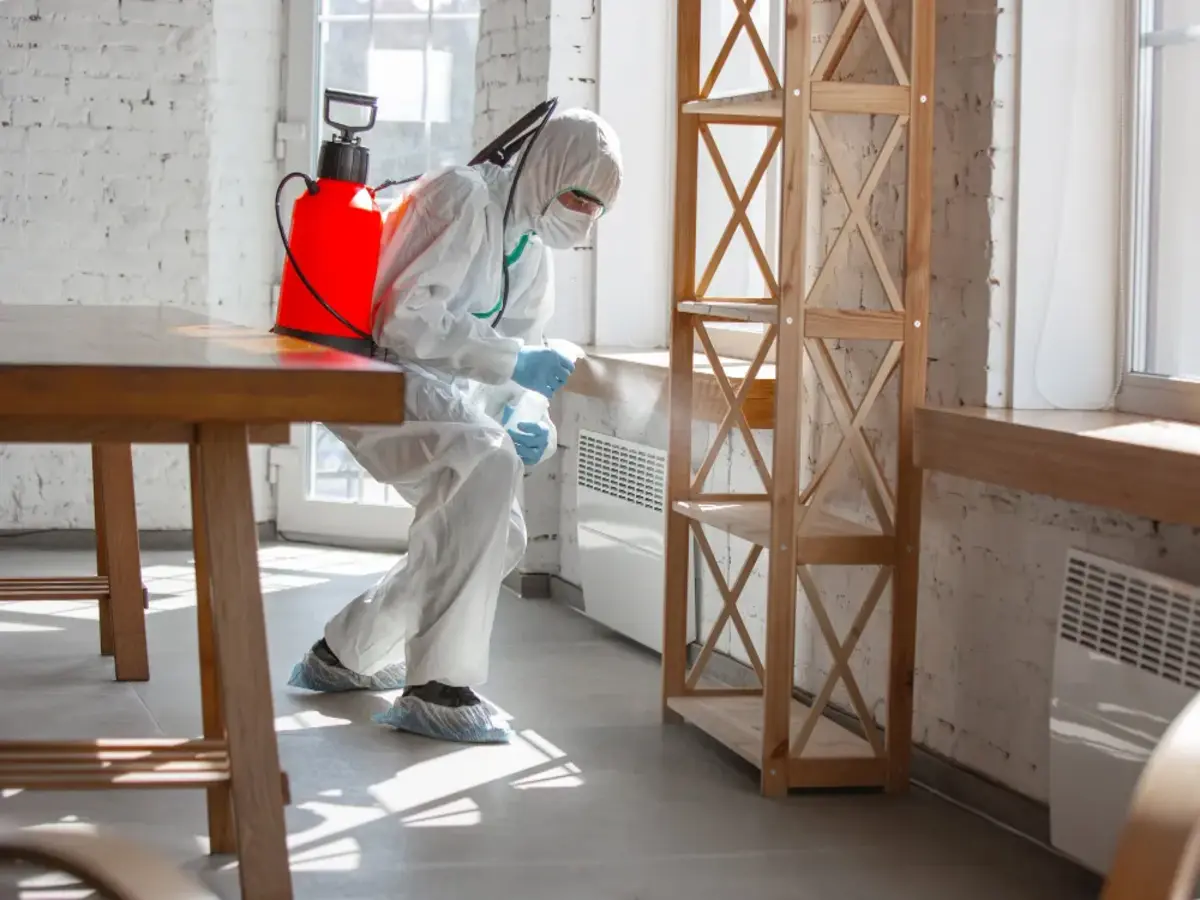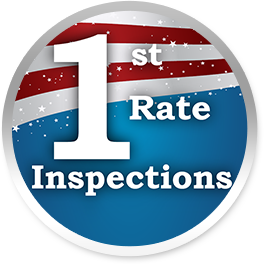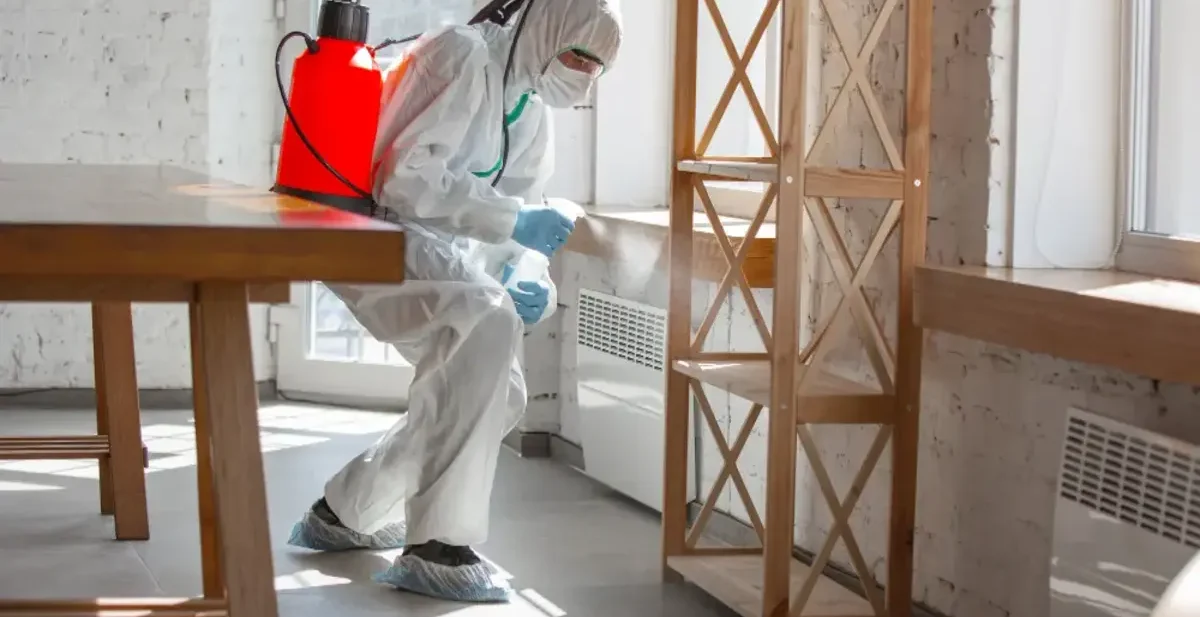
The next thing you want after buying a property in Houston is peace of mind. Not some insidious creatures intruding in your house. Well, these silent intruders do have a name and are called termites. And we recommend you do everything to keep them out of your way.
The first action you can take is to schedule a best termite inspection before buying a house. This might seem like a hustle to you at first. But it’s not. You’ll be glad that you made this decision in the long run.
In this blog, we’ll guide you through these inspections.
Why Are Termite Inspections Important?
Getting a termite inspection before moving into your new house is crucial. These are conducted by a home inspector and help in preventing any unanticipated expenses or damages.
Although termite damage is not always obvious. But experienced termite professionals will know what to look for.
In many cases, you don’t have a choice except to schedule a termite inspection (even if you are not planning to do so). But it depends on how you plan to buy the house, whether you’re taking the loan to buy the property. A real estate transaction often requires a termite inspection, and depending on the extent of repairs required, some mortgages, including FHA and VA loans, may be conditional.
Thankfully, these inspections are affordable, especially when considering the potential damage to your property that might cost thousands of dollars, if you overlook the need to check for termites before closing.
What to Expect from a Termite Inspection?
A termite inspector evaluates the state of a property’s physical structure – from the roof to the foundation, which sets them apart from regular home inspections.
These inspections might take only one hour, especially when a professional performs them. Meanwhile, the inspection process is hands-off for the homebuyer and the home seller.
During the inspection, a termite expert will examine the house from the attic to the basement to look for evidence of termite damage. They will focus on areas like window sills, baseboards, door frames, and wood flooring that are most vulnerable to termite-caused wood damage. Termite damage evidence may include:
- Swollen floors and ceilings
- Buckling wood
- Areas affected by water damage
- Hollow structures
- Mud tubes
- Visible mazes
In addition, your inspector will search for further indicators of a termite infestation, such as termite droppings, “frass,” or even discarded termite wings.
By the end of the inspection, the expert will provide a termite inspection report detailing any infestations discovered and an estimate of the cost of eliminating the termites after the inspection.
Treating a Termite Infestation
Once the termite inspector gives you the price estimate for getting rid of this unwanted issue, you can hire the pest control company to finish the termite treatment.
Some common steps of this process are drilling holes, applying strong liquid treatment amounts, or spraying insecticides to eliminate the termite colony. In some cases, your exterminator might also use bait stations.
After the treatment is completed, you can ask the seller to evaluate the damages, and they will probably hire a contractor to do the necessary repairs. However, the expenses of repairs should be paid by the seller rather than by you, if you schedule the inspection before making the purchase. Alternatively, you can walk away from the property and the deal.
What Preparations Are Necessary Before a Termite Inspection?
Before your best termite inspection, your termite specialist may (or may not) need preparation. It’s best to ask the seller for a little help here.
Giving a termite inspector easy access to the crawl space, garage, attic, and under the sink of your potential home is generally a good idea.
Items obstructing your plumbing under your sink should be removed, and items preventing your termite inspector from accessing your roof should be moved from your attic. If your potential house has one, remove anything restricting access to your crawl space.
In the garage, ask the seller to remove anything obstructing the expansion joints. Load your garage’s contents away from the walls. Remove furniture and storage boxes from your deck or patio’s walls.
What are termite inspectors looking for?
Upon arrival, your termite inspector will examine and probe your house for indications of termite activity. Your inspector will look for the following warning indicators of termite activity in your baseboards, walls, and floors:
Blistered or warped surfaces
These surfaces include slightly buckled or water-damaged flooring, ceilings, and door frames. The structural integrity of the wood is compromised by the galleries that dry wood termites carve out of the wood they infest, giving the appearance of blistered paint or bent wood.
Hollow sounding surfaces
Termites eat wood in doors, frames, fascia, eaves, and soffits, leaving behind a hollow frame easily poked with a screwdriver.
Kickout holes and piles of frass
Living inside the wood they infest, dry wood termites have adapted to survive by consuming only the water in the wood. As a result of their digestive system completely drying up the wood they consume, dry wood termites release pellets known as frass that are formed like six-sided barrels. To get the frass out of their galleries, dry wood termites will drill holes in their infesting wood.
Discarded wings
Following mating, reproductive termites lose the need for their wings and drop them off, allowing the newly formed couples to nestle into cracks and crevices to start new colonies. These abandoned wings can be found in spider webs, windowsills, or foundation walls. Wings inside your potential home indicate an active termite infestation, whereas discarded wings outside your home suggest that termites are probably active in your yard.
Your termite inspector will look for water pooling around the foundation; they will focus on the holes and cracks in the foundation and any areas where mulch meets the foundation of the house you intend to buy in Houston. They will also be on the lookout for any ground-to-wood contact. A termite inspector will search the bathroom, laundry room, and area beneath the sink for signs of termite activity where plumbing pipe openings were made. In these locations, a termite inspector will also search for indications of water leakage. Your termite inspector will assess trees, tree stumps, storage sheds, decks, patios, and wooden fences to look for evidence of termite activity outside.
Conclusion
In conclusion, termite inspections are highly recommended for home buyers in Houston, considering the region’s susceptibility to termite infestations. The potential damage caused by these silent invaders can be extensive and financially burdensome.
Investing in the best termite inspection provides home buyers with valuable information about the property’s condition, helping them make informed decisions and potentially avoiding significant future expenses. In a city like Houston, where the climate is conducive to termite activity, being proactive with termite inspections is a wise preventative measure for homeownership success.
Secure your property with confidence! Choose 1st Rate Inspections for thorough, reliable assessments. Schedule your inspection today and invest in peace of mind for your home or business.





